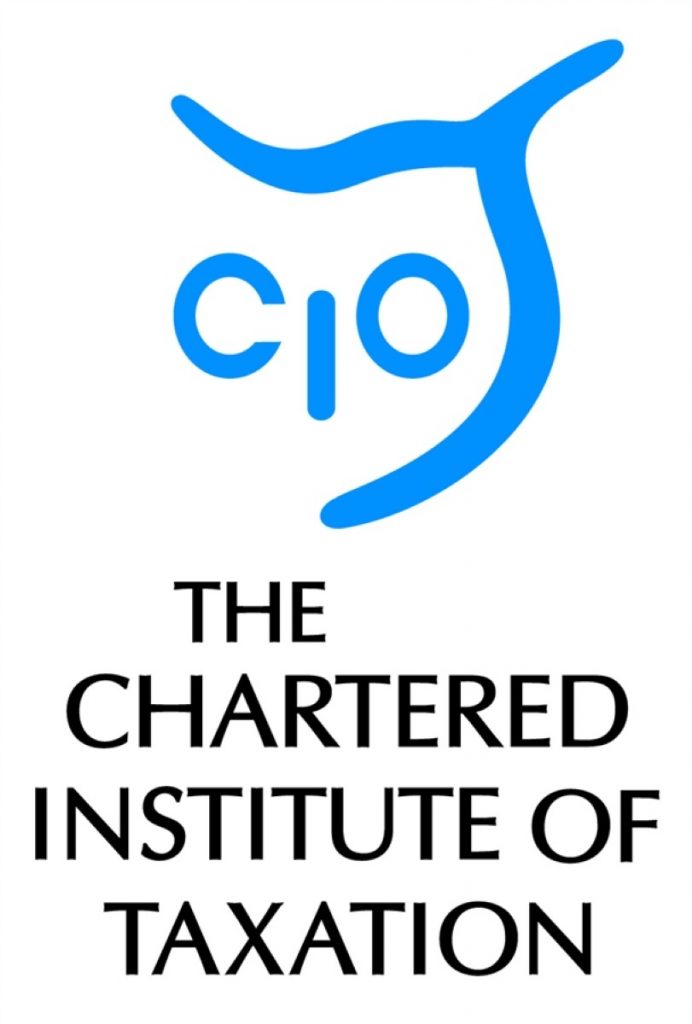Tax campaigners call for online government services to be clearly marked
As more people are misled into using unofficial websites that charge for services offered for free by the Government, the Low Incomes Tax Reform Group (LITRG) is calling for the introduction of a kitemark to help the public ensure they are using official websites.
Many Government services are now being offered online, a trend which has been accompanied by a rise in companies offering additional or similar services for a fee, even though the official version is free or subject to a lower charge. The ‘unofficial’ providers may believe they are offering additional value that justifies their charges, but members of the public often complain of feeling misled into believing they were dealing with either the official government website or a site endorsed or authorised by the Government.
LITRG Chairman Anthony Thomas commented:
“We welcome recent attempts by Google and other search engines, in conjunction with various government departments, to ensure that official sites are more prominent in search results. The launch of the StartatGOV.UK campaign advising people to use GOV.UK to search for government services is another positive development. Yet we remain concerned that neither presents a complete solution to the problem for the millions of people who continue to use search engines to find information.
“Although some of these third party sites include statements confirming they are not part of the Government, the use of colours, look and feel of the site and other wording sometimes suggest otherwise. Often they will stop short of copying the official names and logos, making it difficult for government departments to take legal action. Indeed, some of these third party sites may genuinely be adding value to the official government services or offering additional services to those offered by government, so whether a site is misleading may not be clear-cut.
“LITRG believe the key to helping people avoid problems when using online services is to ensure as far as possible that official government websites are as visible as they can be. We think that a good way to do this is to introduce a simple government kitemark that could be displayed next to the official websites in search engine results. This would at least ensure that no matter whether the service retains a separate site outside GOV.UK, what other advertising is on a page or where the site appears in the results, users would know at a glance which site is the official government one. Moreover, any unauthorised attempts to use the kitemark could be swiftly dealt with under copyright rules. ”
Notes for editors:
1. For more information read LITRG’s news item here.
2. The Low Incomes Tax Reform Group (LITRG)
LITRG is an initiative of the Chartered Institute of Taxation to give a voice to the unrepresented. Since 1998 LITRG has been working to improve the policy and processes of the tax, tax credits and associated welfare systems for the benefit of those on low incomes.
3. The Chartered Institute of Taxation (CIOT)
The CIOT is the leading professional body in the United Kingdom concerned solely with taxation. The CIOT is an educational charity, promoting education and study of the administration and practice of taxation. One of our key aims is to work for a better, more efficient, tax system for all affected by it – taxpayers, their advisers and the authorities. The CIOT’s work covers all aspects of taxation, including direct and indirect taxes and duties. Through our Low Incomes Tax Reform Group (LITRG), the CIOT has a particular focus on improving the tax system, including tax credits and benefits, for the unrepresented taxpayer.
The CIOT draws on our members’ experience in private practice, commerce and industry, government and academia to improve tax administration and propose and explain how tax policy objectives can most effectively be achieved. We also link to, and draw on, similar leading professional tax bodies in other countries. The CIOT’s comments and recommendations on tax issues are made in line with our charitable objectives: we are politically neutral in our work.
The CIOT’s 17,000 members have the practising title of ‘Chartered Tax Adviser’ and the designatory letters ‘CTA’, to represent the leading tax qualification.





-01.png)